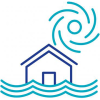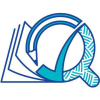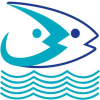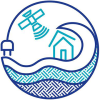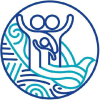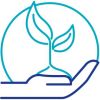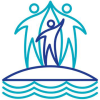Get to know » Students » Self-reflections:
Student attitudes
Student attitudes to subjects and school
Most students in Palau, both grade five and grade seven, reported agreement with all the attitude statements (‘Agree a lot’ or ‘Agree’) about the cognitive domains and school. This shows overall positive attitudes to reading, writing, mathematics and school.
On average, more than 90% of students in Palau reported that they enjoyed going to school (grade five, 90%; grade seven, 90%) and felt that it was important to do so (grade five, 99%; grade seven, 96%). Additionally, more than four out of five students reported that they felt safe at school (grade five, 84%; grade seven, 86%) and safe travelling to school (grade five, 85%; grade seven, 92%). Most grade five and grade seven students in Palau enjoy schooling, value schooling, and feel safe at school and travelling to school.
When it came to literacy, about four out of five students reported that they enjoyed reading (grade five, 86%; grade seven, 81%) and writing (grade five, 88%; grade seven, 81%). About four out of five students reported that they found reading easy (grade five, 81%; grade seven, 83%) and found writing easy (grade five, 78%; grade seven, 78%). Similar levels of agreement were seen between grade five and grade seven students on all questions related to reading and writing.
There was, however, a noticeable difference in agreement on questions related to mathematics. At the grade five level, 69% of students agreed that they found mathematics easy and 70% agreed that they did well in mathematics. At the grade seven level, 47% of students agreed that they found mathematics easy and 56% agreed that they did well in mathematics. These values are lower than the results for reading and writing for both grade levels. Fewer grade seven students found mathematics easy and agreed they did well in mathematics than did grade five students.
Interestingly, students at both grade levels still agreed, in similar proportions to reading and writing, that mathematics was important (grade five, 91%; grade seven, 93%). However, a smaller proportion of students enjoyed mathematics than reading and writing at the grade seven level (mathematics, 65%; reading, 81%; writing, 81%).
The full breakdown of these results can be seen in Table STT1.7.
What does this mean?
The findings from this PILNA cycle show that a high proportion of students in Palau in both grade levels are enjoying reading, writing, and mathematics and identify them as being important. However, when it comes to ratings about finding each subject easy or rating themselves as doing well in each subject, one area falls behind: numeracy. Numeracy ratings in these areas for both grade levels were noticeably lower than for reading and writing. Also, fewer grade seven students are enjoying mathematics compared with reading and writing. This may mean that a larger proportion are challenged by the subject than are challenged by reading and writing and may be an area that requires more attention by educators.
